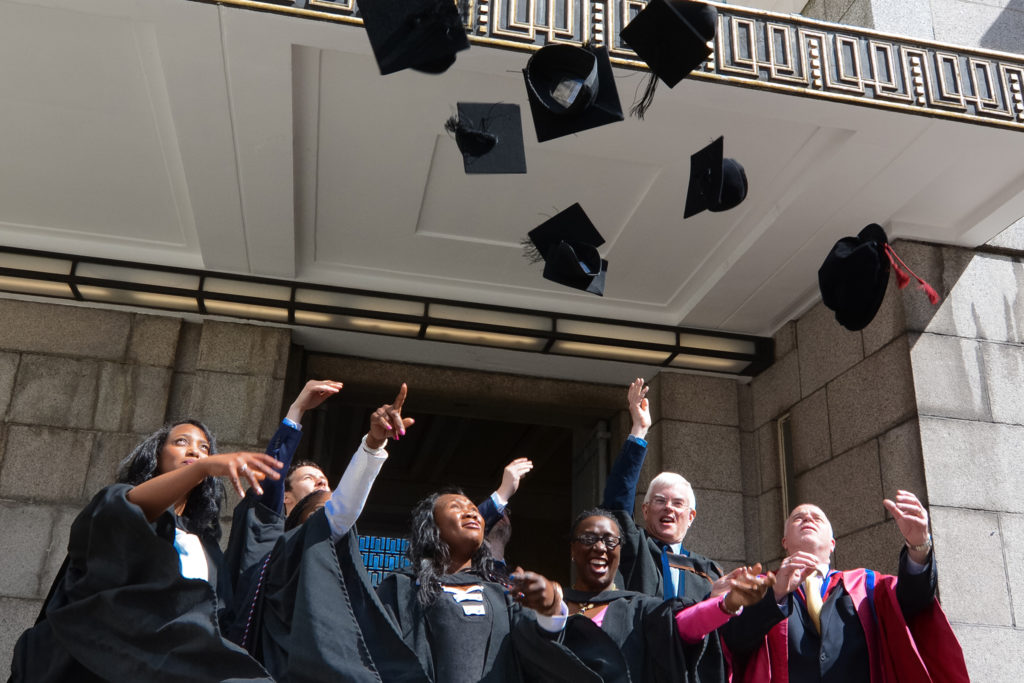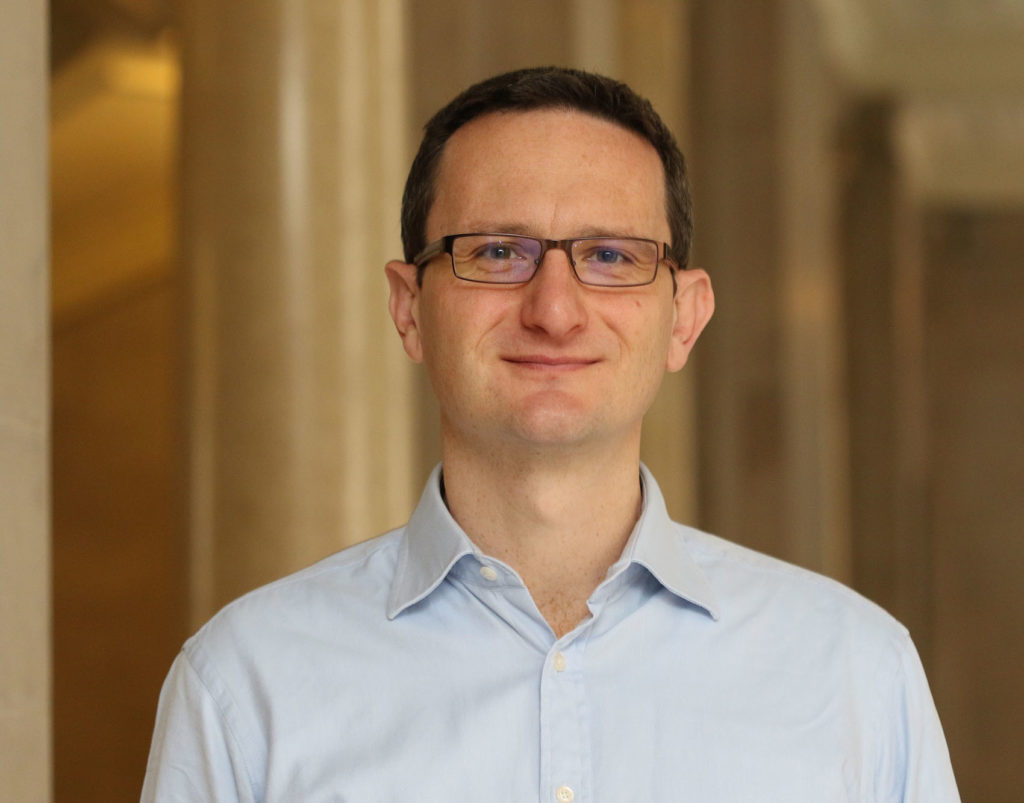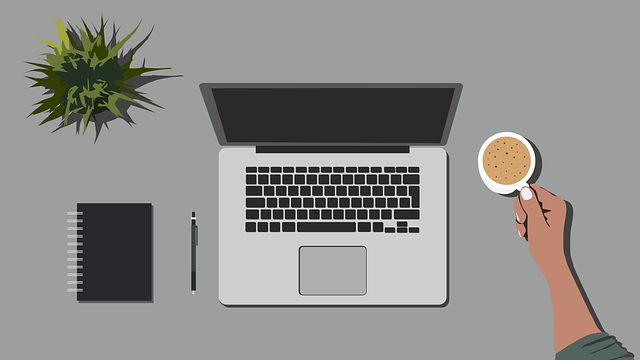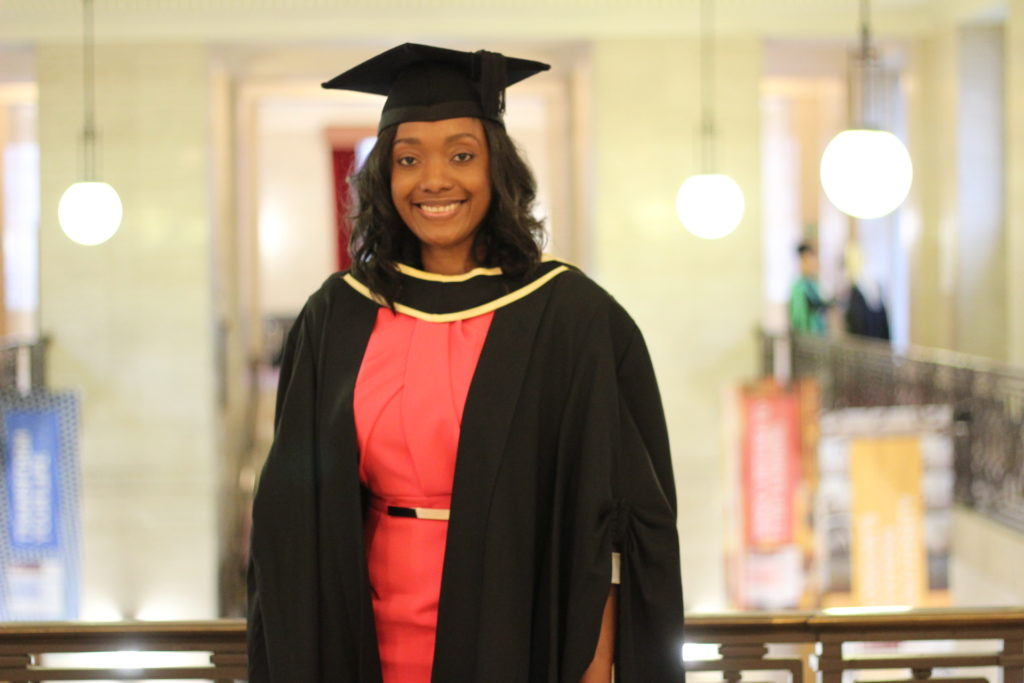Students receiving an award today from the School of Business, Economics and Informatics share the highlights from their time at Birkbeck and their top tips for success.
Today, postgraduate students in the School of Business, Economics and Informatics will attend their virtual graduation ceremonies alongside the friends, staff and supporters who have been cheering them on throughout their studies.
Today is all about celebrating their success, and from cutting-edge research projects to outstanding module results, our Class of 2021 are an inspiring bunch. We caught up with some of our Spring graduation prizewinners to reminisce over their time at Birkbeck and gain some words of wisdom for our next cohort.
Jay Lee – Best Module Result (Computer Science and Information Systems)
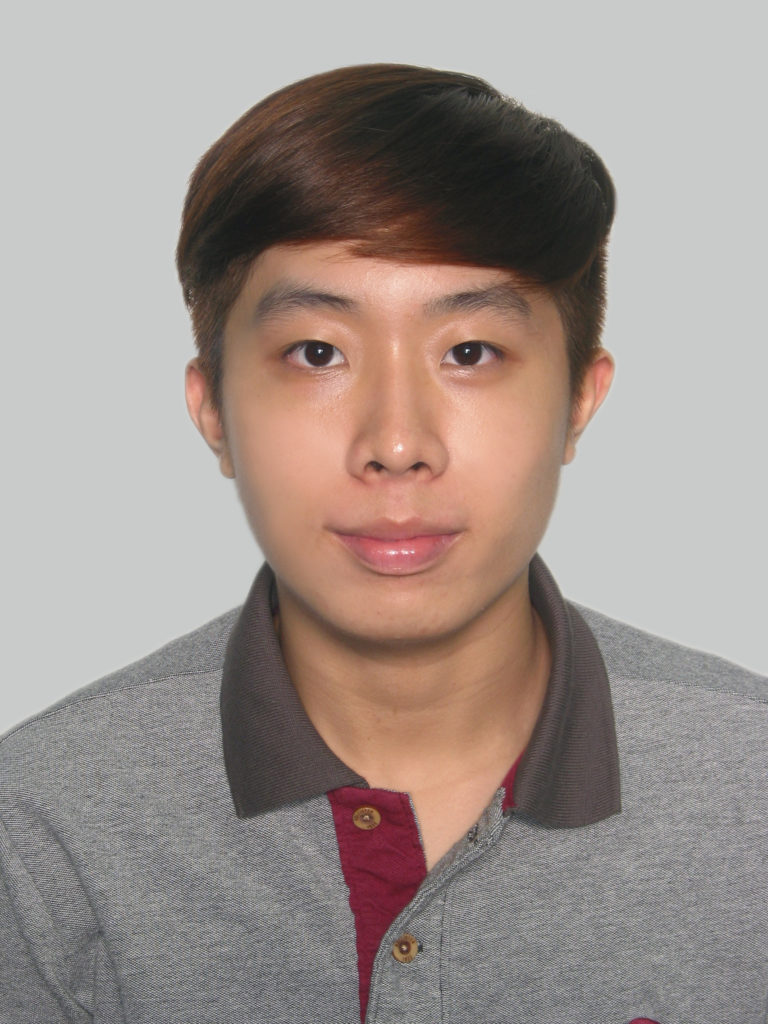 What is your favourite memory of your time at Birkbeck?
What is your favourite memory of your time at Birkbeck?
One memorable moment is definitely meeting new friends from different countries along the way and hanging out with them throughout the year! An unforgettable experience.
What advice would you give to current students?
My advice would be remember not to leave things to the last minute, relax and enjoy your time here!
Katherine Stedman – Best CIPD Accredited Programme Student (Organizational Psychology)
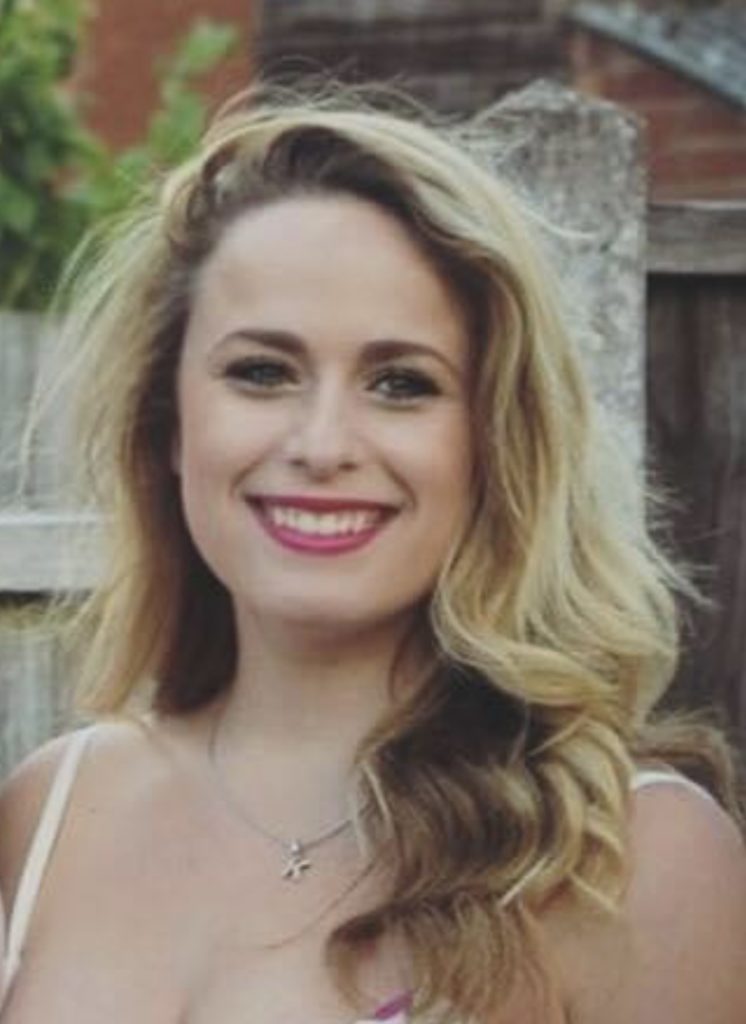 What is your favourite memory of your time at Birkbeck?
What is your favourite memory of your time at Birkbeck?
In the early days of my MSc we had to randomly form groups for one of our first group projects. I didn’t know many people on my course at the time but I’m happy to say that I met some of my greatest course friends through that first project. I wouldn’t have been able to do my MSc without them and I’m looking forward to celebrating with them today!
Thomas Obitz – Best Dissertation (Economics, Mathematics and Statistics)
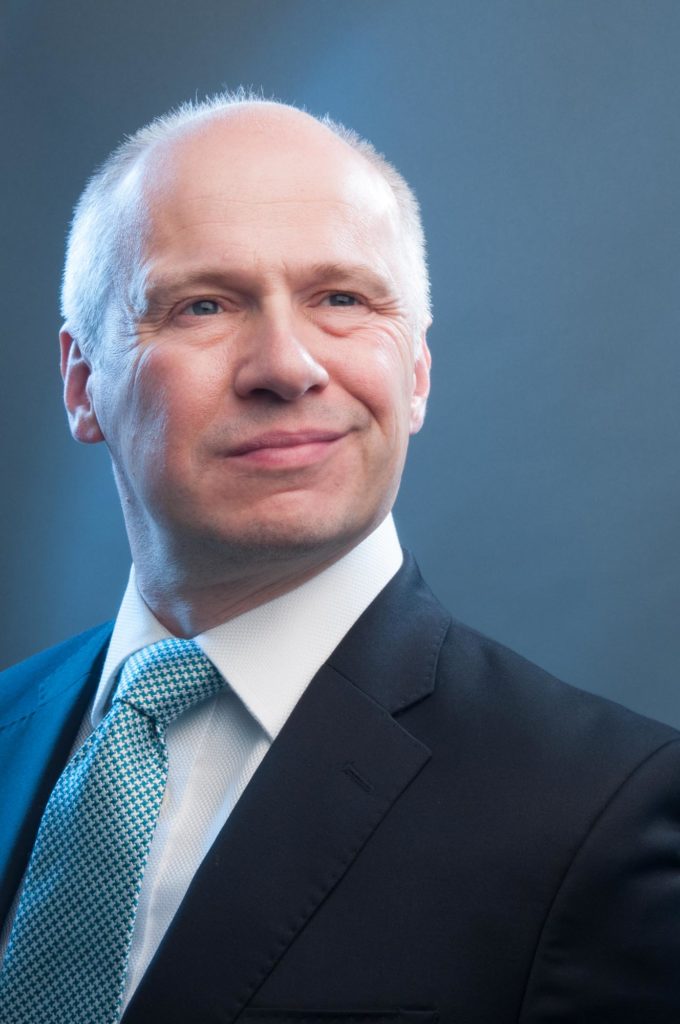
What is your favourite memory of your time at Birkbeck?
I was startled when I walked through the department for the first time and saw Hélyette Geman’s name on the door. I knew her books from my daily work, and I could not believe that the most admired name in commodities pricing and trading was teaching at the department where I was going to study. Her derivatives pricing and her commodities lectures were the most insightful I ever attended – she was one of the people who developed the theory, so she could explain the thinking behind it like nobody else. And she is an incredibly nice, open and helpful person.
Lucy Martin – Best Dissertation (Organizational Psychology)
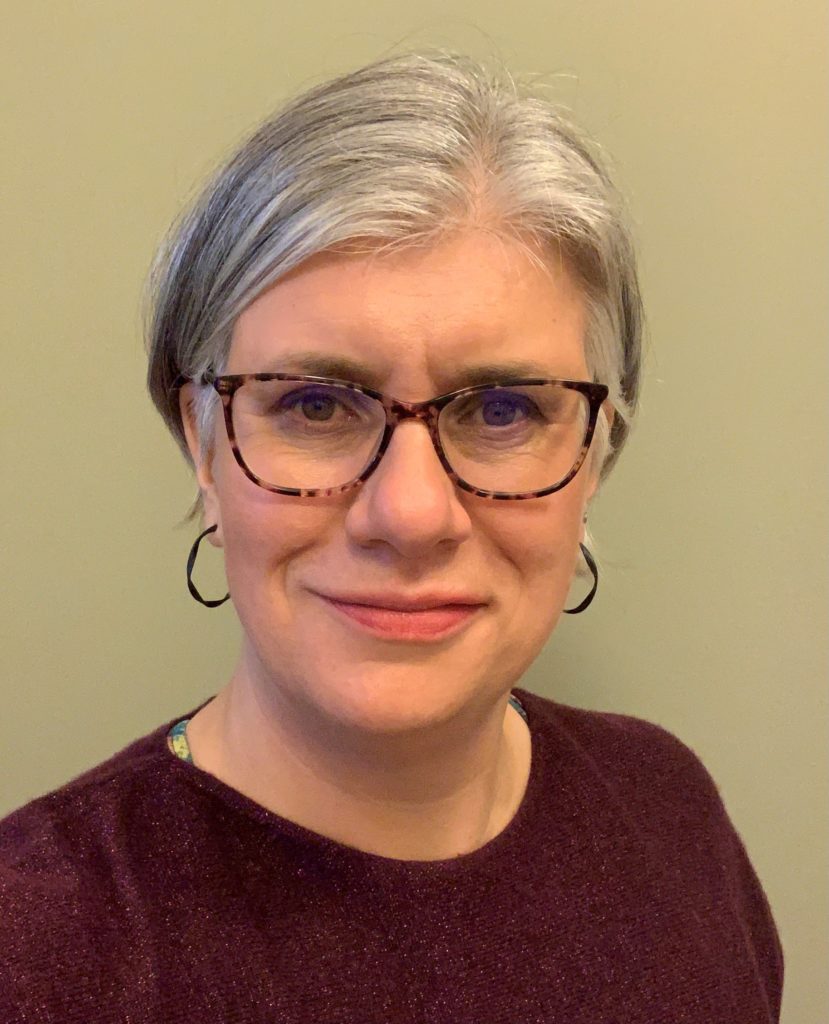 What advice would you give to current students?
What advice would you give to current students?
Do not underestimate the time it takes to complete a research project and dissertation. The earlier you can come up with a research question and start your literature review the easier it will be to complete. At the point of write up, I set myself a daily word target to get through, this helped me keep on track in the last busy month before submission alongside my work commitments.
Richard Harrison – Honourable Mention for Best PhD Thesis (Economics, Mathematics and Statistics)
What is your favourite memory of your time at Birkbeck?
Presenting my work at a seminar for fellow PhD students and staff. The atmosphere was warm and welcoming and even challenging questions were asked in a supportive way. Midway through the seminar I had a “Eureka moment” when I was asked a question that I had never considered before. It led me to a new and productive line of enquiry for my thesis.
Anja Pries – Best Overall Student: Corporate Governance/Responsibility (Management)
What advice would you give to current students?
The process of writing a dissertation can be challenging. You might find yourself struggling to find a topic or getting stuck with your research. I would definitely recommend talking to your fellow students about this. You could set up a group chat or meet at the library to work on your dissertations. Knowing that others were in the same position as me helped me to stay motivated.
Ibrahim Alsaggaf – Best Overall International Student (Computer Science and Information Systems)
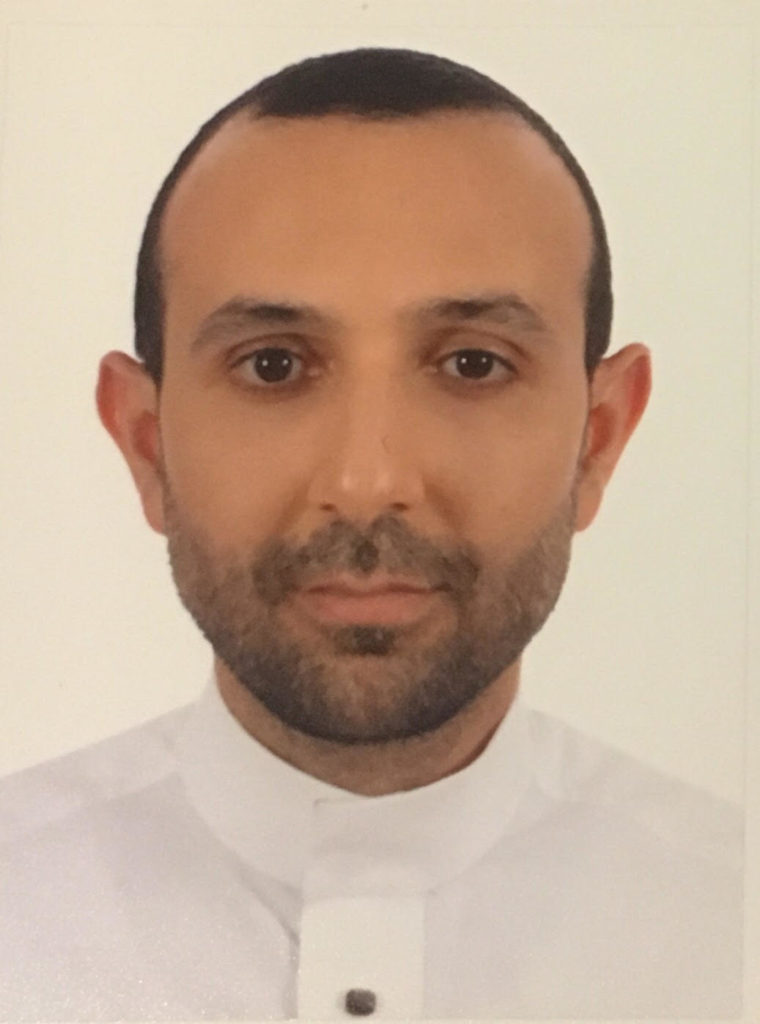 What advice would you give to current students?
What advice would you give to current students?
On a Master’s level, My advice is not to study hard as this is a must, but rather about a thing that most students find insignificant, that is module’s prerequisites. In order to make the most of a module, a student needs to be well prepared by assuring that they gain the required prerequisites knowledge at the start of a module. This will boost their learning curve instead of struggling to digest a theory that is based on prior knowledge. To conclude, my advice is to select modules based on their prerequisites and which of them a student has the required knowledge of.
Ero Papadima – Best Management Consultancy and Organizational Change Student (Organizational Psychology)
 What is your favourite memory of your time at Birkbeck?
What is your favourite memory of your time at Birkbeck?
My best memories at Birkbeck are with the people I met there, usually in one of the many study groups, sharing notes, anxieties and –importantly – snacks! My favourite moment was probably when seven of us were studying around a large table in the group study area of the library; all in different laptops and each working on our own assignment, yet somehow in complete sync, jumping from complete silence to suddenly bouncing off ideas and debating arguments for our essays – all seven of them. There was a lovely sense of belonging in that moment and great comfort in simply not going it alone.
Irina Sidorenko – Best Overall Student: Marketing (Management)
 What advice would you give to current students?
What advice would you give to current students?
I would encourage future Birkbeck students to stay curious and alert during the learning process. During lectures, I used to note even the smallest details that ignited my curiosity and dedicate some extra time to doing some further research around these elements. This is how I have discovered an absolute gem: Professor Olivier Sibai once mentioned in passing that he had attended a talk at the Museum of Brands and that if we had some free time he would recommend us to visit one of the talks at the Museum. I paid attention to his words and up until the Covid pandemic began I tried to never miss a talk at the Museum of Brands, as I hugely enjoy it. So, even the smallest thing, just one small detail mentioned at the Birkbeck lecture can show you a way of upgrading your knowledge and open up new horizons in your professional development.
It is also important to stay calm and not get overwhelmed with emotional pressure when juggling studies, often a full-time job and a long commute, social life and family commitments. It helps to keep in mind that you are in it for a marathon, not a sprint. Break up big tasks into smaller ones and remember: Viam supervadet vadens! (in English: The path will be overcome by the person who walks it). If you can dream it, you can achieve it; always!
Robert Superty – Best Dissertation and Best Overall Student (Computer Science and Information Systems)
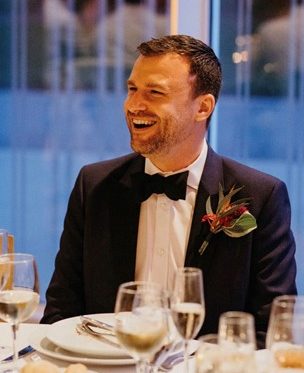 What is your favourite memory of your time at Birkbeck?
What is your favourite memory of your time at Birkbeck?
Celebrating with the other MSc Computer Science students after the last final in the first year. It was a tough set of exams and it felt like such an accomplishment to get through. Everyone was in such a good mood and it was a great opportunity to get to know people better outside of class.
Kieran Jones – Best Dissertation Mark and Best Overall Student: Management/Business (Management)
 What advice would you give to current students?
What advice would you give to current students?
Embrace what you’re passionate about and identify and tackle what you’re bad at. Like a lot of students, I enjoy learning new things which in my studies caused an undisciplined, unstructured approach. To tackle that I spent a lot of time planning. I organised everything from what I was going to learn that week, how I was going to learn, when and how I was going to write my essays and so on. By tackling those things, eventually you get better at what you’re bad at and you can do the things you’re passionate about even better than before.
Congratulations to all our spring 2021 graduates. We wish you all the best in your future careers.
